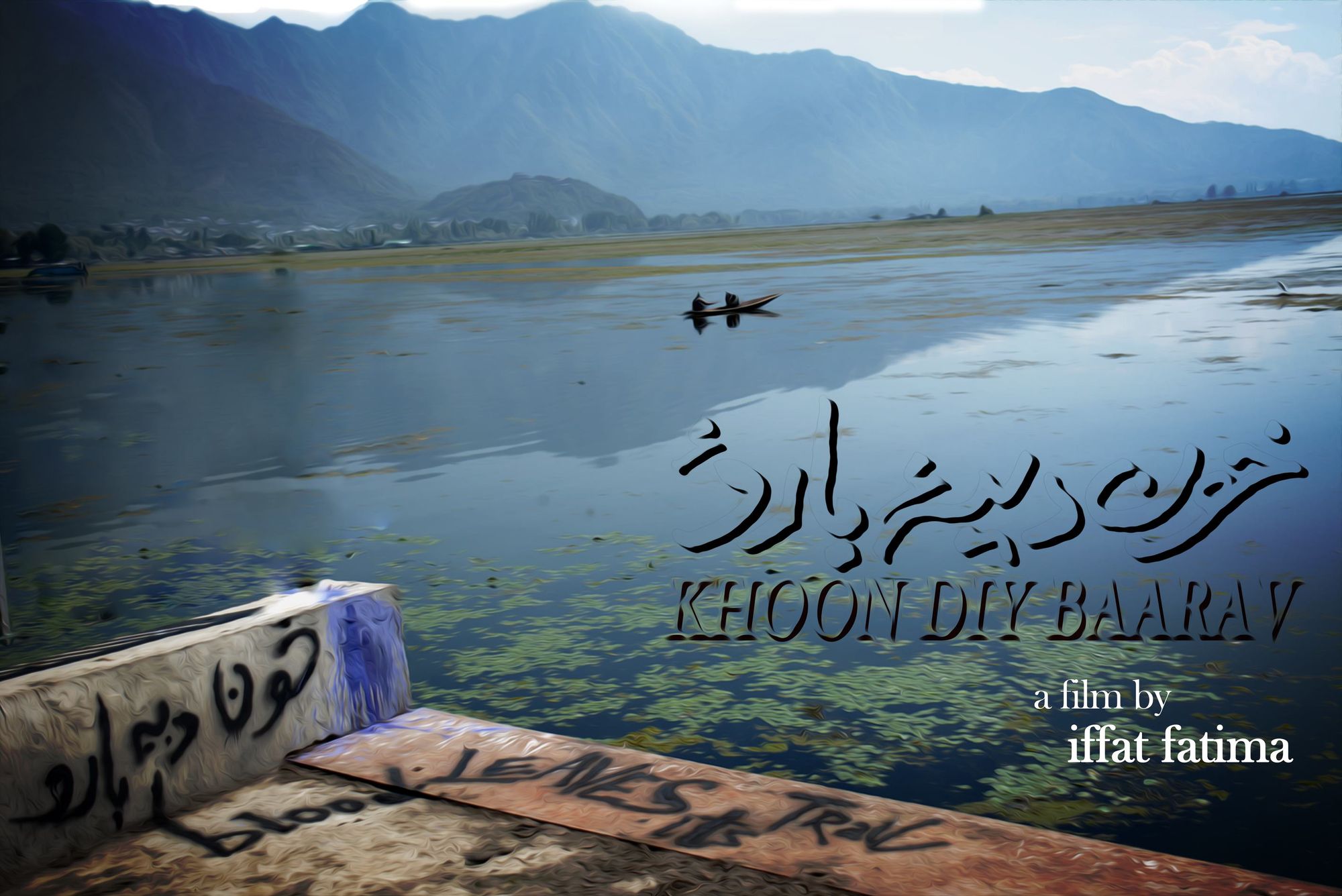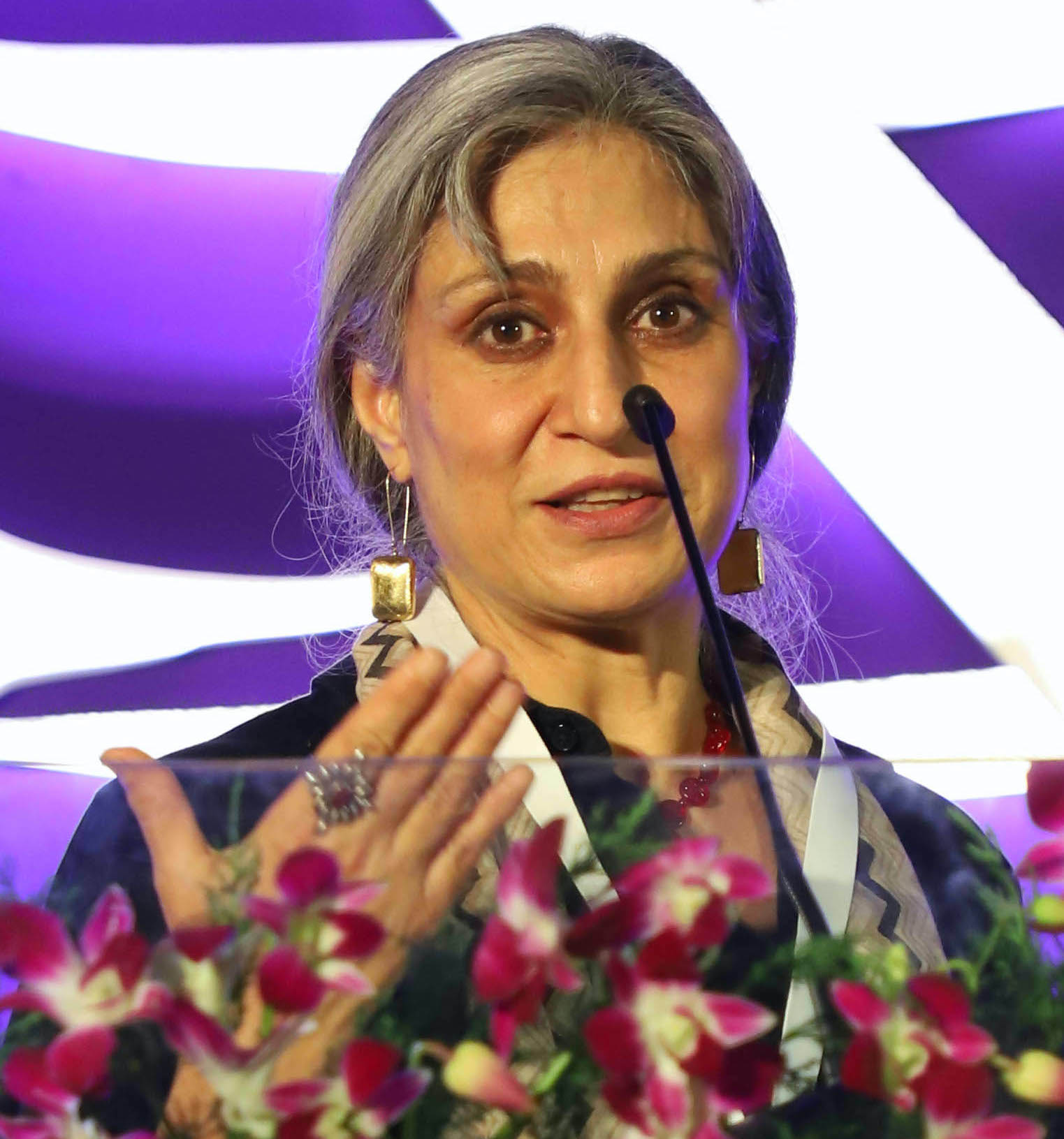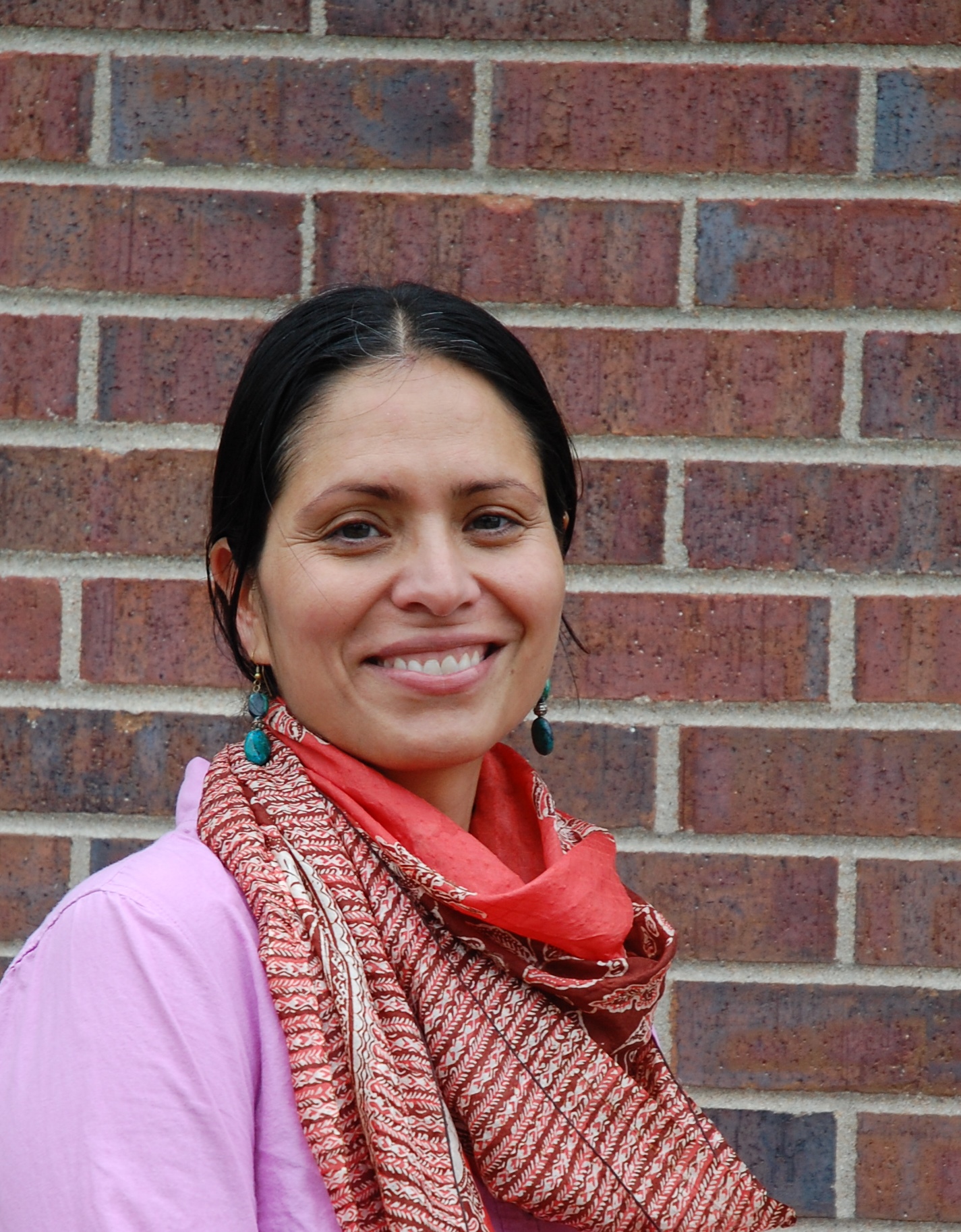
January 10 16:00-18:00 CET/20:30-22:30 IST
(Iffat Fatima, 93 min, 2015)
Khoon Diy Baarav enters the vexed political scenario in Kashmir
through the lives of families of the victims of enforced disappearances. The film
is a non-sequential account of personal narratives and reminiscences ruptured
by violence, undermined by erasure and over-ridden by official documents that
challenge truth. Made over nine years it explores memory as a mode of
resistance, constantly confronting and morphing- from the personal to political,
individual to collective. It looks at the ways in which those affected by violence
have no choice but to remember.
Iffat Fatima in conversation with Ather Zia (University of Northern Colorado)
 |
Iffat Fatima is an independent documentary filmmaker and researcher from Kashmir. Since 2006 she is working on the issue of enforced disappearances in Kashmir and her film Khoon Diy Baarav (Blood Leaves its Trail) 2015 explores issues of violence and memory in Kashmir. Her films include Where Have You Hidden My New Crescent Moon; Lanka- the other side of war and peace; The Kesar Saga; In the Realm of the Visual- Dashrath Patel and Boojh Sakey to Boojh. Her video installation, Ethnography of a European city: Conversations in Salzburg, questions several assumptions in the east vs. west dichotomy. In 2015 she co-edited a compendium Bread Beauty Revolution, Khwaja Ahmad Abbas (1914-1987). In 2004, she completed a Fellowship, Recasting Reconciliation through Culture and the Arts, at the Brandeis University, Boston, USA. In 2001, she was awarded the Asia Fellowship for her work in Sri Lanka, Inter-communal Relations and Education: The Sri Lankan Experience. |
 |
Ather Zia, Ph.D., is a political anthropologist, poet, short fiction writer, and columnist. She is an Associate Professor in the Department of Anthropology and Gender Studies program at the University of Northern Colorado Greeley. Ather is the author of Resisting Disappearances: Military Occupation and Women’s Activism in Kashmir (June 2019) which won the 2020 Gloria Anzaldua Honorable Mention award, 2021 Public Anthropologist Award and Advocate of the Year Award 2021. She is the co-editor of Can You Hear Kashmiri Women Speak (Women Unlimited 2020), Resisting Occupation in Kashmir (Upenn 2018) and A Desolation called Peace (Harper Collins, May 2019). She has published a poetry collection “The Frame” (1999). In 2013 Ather’s ethnographic poetry on Kashmir has won an award from the Society for Humanistic Anthropology. She is the founder-editor of Kashmir Lit and is the co-founder of Critical Kashmir Studies Collective, an interdisciplinary network of scholars working on the Kashmir region. |
